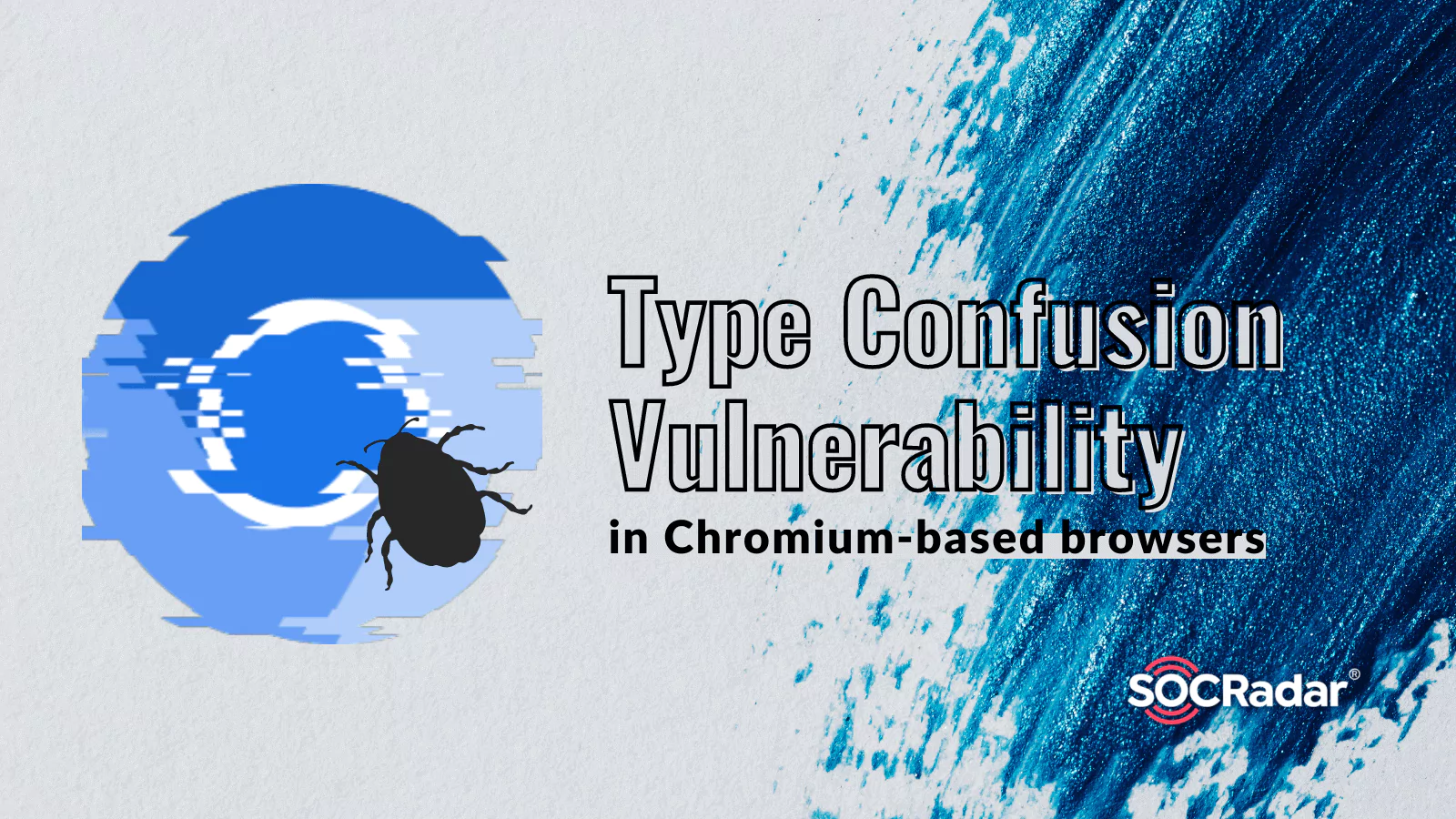

Compulsory basic insurance (basisverzekering).There are two types of health insurance in the Netherlands: It may take SVB eight weeks or longer to make a decision. If you are not sure whether you are insured under the Wlz scheme, you can apply for an assessment of your Wlz insurance position via the website of the SVB ( Sociale Verzekeringsbank) or via mail.
#Compare health insurance plans how to
Exceptions: How to apply for an assessment of your Wlz insurance position If you become sick and you have no (Dutch or foreign) health insurance to cover treatment in the Netherlands, then you must pay for medical costs yourself. If you still haven’t obtained health insurance within nine months of the first letter, then the CAK will register you with an insurer on your behalf and they will deduct the monthly premium from your salary.If you still haven’t taken action after six months then you will receive a second fine for the same amount.If you do not get health insurance within that period, then the CAK will issue you with a fine (426,24 euros in 2023).If you do not take out basic Dutch health insurance within four months, and the government becomes aware that you are not covered, then you will receive a letter from the CAK asking to you to sign up for health insurance within three months.What happens if I don’t take out health insurance? If you do not have any medical costs in a year then you pay no eigen risico. In 2023, the eigen risico is up to a maximum of 385 euros. The "own risk" amount (eigen risico), which is an annual amount that you must pay out of your own pocket for some treatments and medicines before your health insurance will cover the rest.The monthly premium (premie), a fixed fee that is deducted from your bank account each month.There are two main costs that you need to pay for your Dutch health insurance: Within four months of receiving your residence permit (or registering at the Dutch city hall for EU/EEA nationals) you are subject to Dutch social security legislation and thus must obtain basic health insurance ( basisverzekering) package. As a rule, all expats must have Dutch health insurance even if they are already insured for healthcare in their homeland (for exceptions see our other health insurances page). Health insurance in the Netherlands is mandatory if you are here on a long-term stay and is designed to cover the cost of medical care. Healthcare in the Netherlands is funded through taxation: mandatory health insurance fees and taxation of income (pre-specified tax credits). The Dutch health insurance system is a combination of private health plans with social conditions built on the principles of solidarity, efficiency and value for the patient. In contrast to many other European systems, the Dutch government is responsible for the accessibility and quality of the healthcare system in the Netherlands, but not in charge of its management.

Check out their Student Insurance Policies! The Dutch health insurance system LoonZorg offers 2 insurance options that will cover most of international students' unforeseen care expenses. Have private healthcare insurance from your country of origin.



 0 kommentar(er)
0 kommentar(er)
